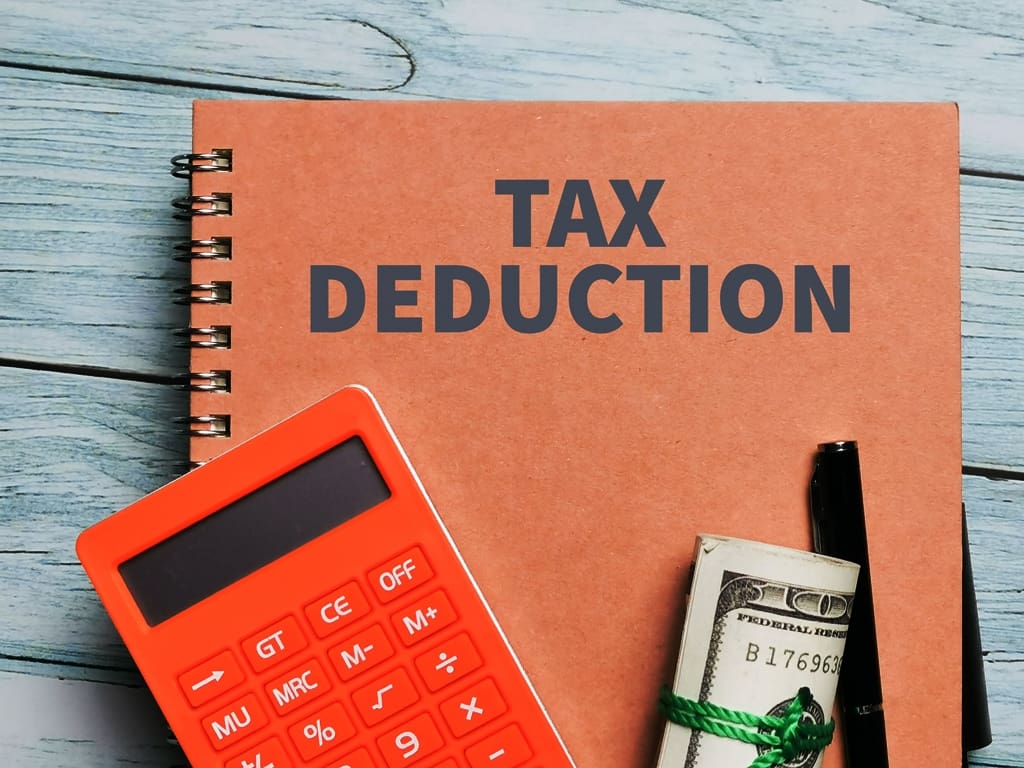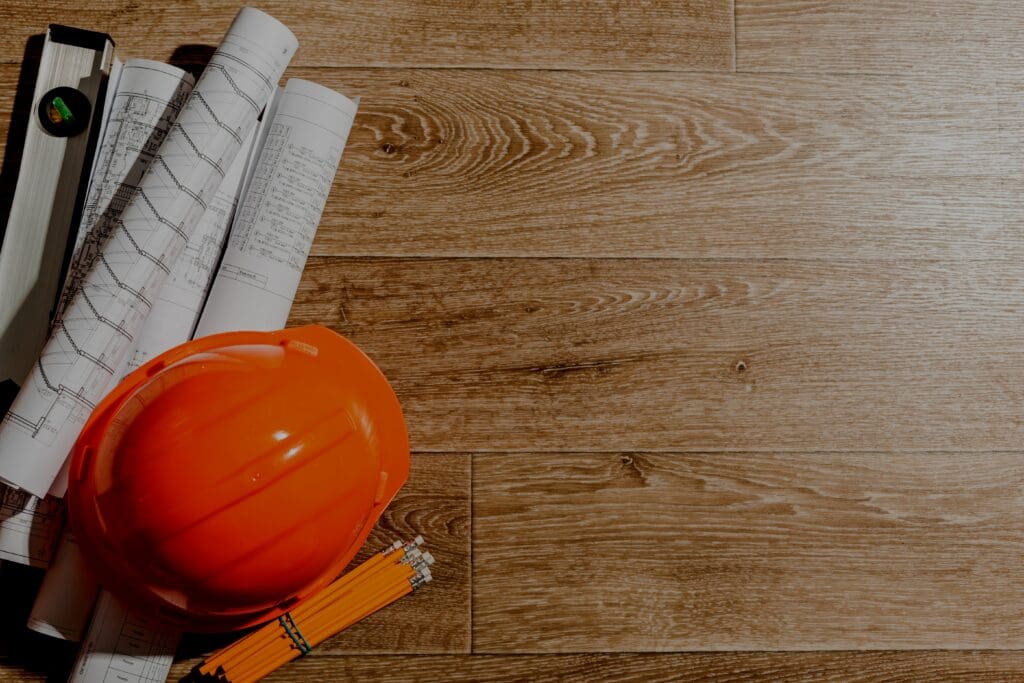The question of whether home improvements are tax deductible hinges on a crucial distinction made by the IRS—repairs versus capital improvements. If your project falls under repairs, it’s not deductible. However, if it’s classified as a capital improvement, you might qualify for a tax deduction. Let’s delve into the nuances of repairs and capital improvements and how the IRS treats each.
Types of Tax Deductible Home Improvements
While home improvements can be costly, some qualify as tax deductions, easing the financial burden. Generally, any improvement that maintains property value or prolongs its life may qualify. This includes repairs, insulation, new appliances, flooring, driveway/sidewalk enhancements, and more. Homeowners should check local regulations and consult with an accountant for specific eligibility criteria.
Determining Tax Deductibility

Deciphering if your home improvement is tax-deductible can be complex. Key is understanding repairs (replacing/repairing existing components) versus improvements (upgrades adding value). Repairs are generally not tax-deductible, while certain improvements may qualify based on the work type and situation. Consult a tax professional for definitive eligibility and to maximize available deductions.
Claiming Deductions: The Process
Claiming tax deductions for home improvements can save money, but it requires adherence to specific criteria. The improvement must increase home value or extend its useful life, and the project itself must be a capital expenditure. Keeping receipts is crucial, and homeowners must reside in their primary residence for over two years before filing the deduction. Understanding and following these criteria is key to successful deductions.
Benefits of Tax-Deductible Home Improvements

Beyond upgrading your home, tax-deductible improvements offer financial benefits. Energy-efficient upgrades like new windows or insulation can qualify for deductions, ranging from tens to hundreds of dollars. Material and installation costs may also be deducted, providing an effective way to save money while enhancing your home.
Drawbacks of Non-Tax-Deductible Improvements
While home improvements add value, many don’t qualify for tax deductions, making the entire cost self-funded. Consideration should be given to the potential benefits in terms of comfort, safety, or resale value. Although these returns may not be easily quantified, they can still prove worthwhile.
In conclusion, navigating the rules of tax-deductible home improvements can be complex. However, the potential benefits of deductions make it worthwhile to research if your planned improvement qualifies. Even if not tax-deductible, improvements may still increase resale value or enhance your home’s comfort.”
#HomeImprovements #TaxDeductible #TaxBreaks #PropertyValue #HomeUpgrade #TaxSavings

Expert Assistance:
To reach out to Richard for expert assistance in the Decatur & Atlanta markets, reach out here.
You can also ask Richard for a copy of his contribution to the best-selling book Top Dollar – by completing the form linked here.

